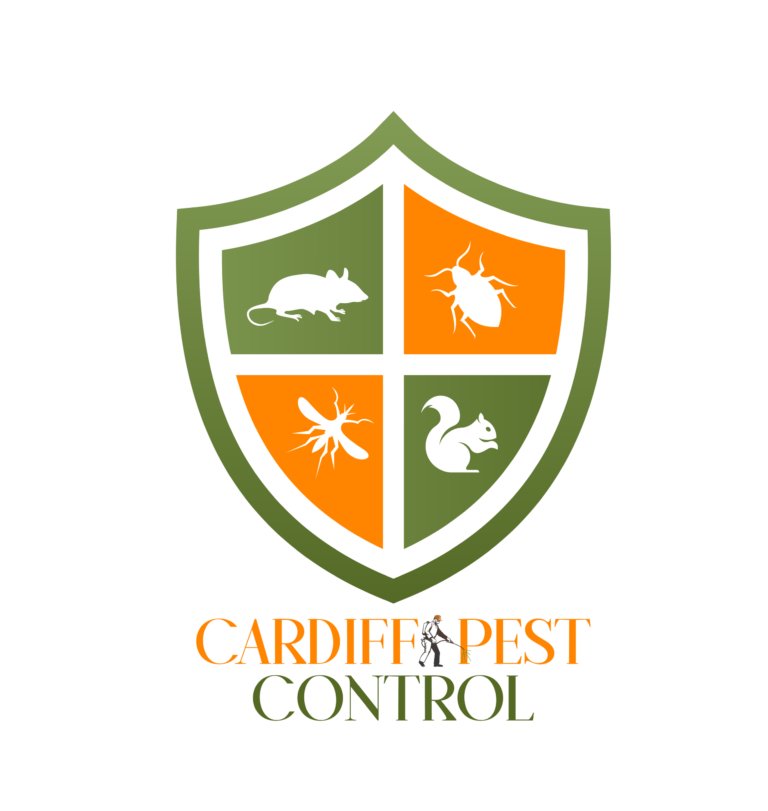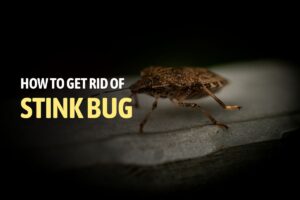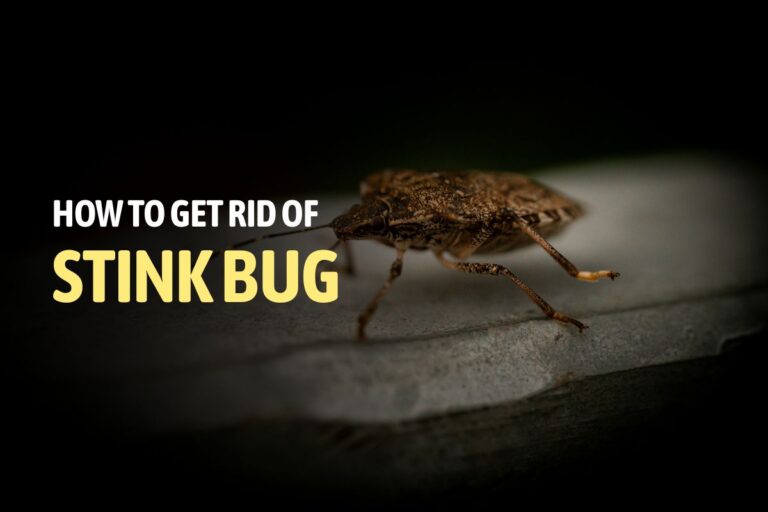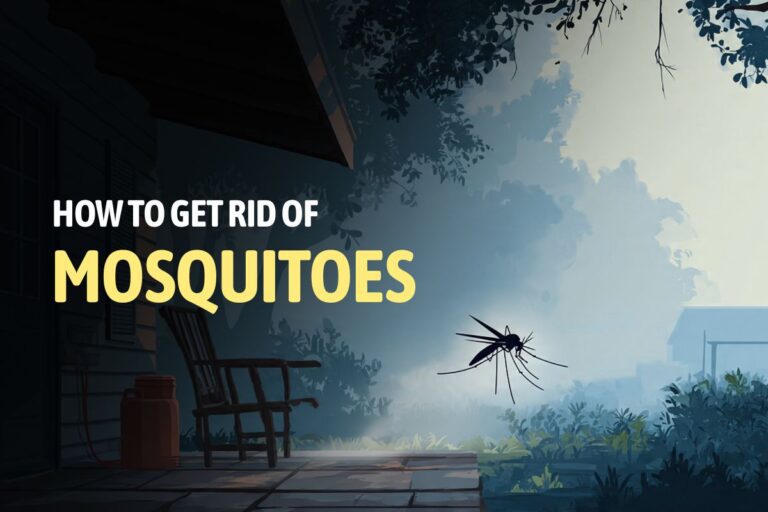Table of Contents
ToggleRodents may seem harmless at first, but even a few mice or rats can cause serious damage to your home. Recognizing the signs of rodent infestation early is essential to protect your property and family. From chewed wires to unusual smells, identifying these indicators promptly can prevent costly repairs and health issues.
Why Rodent Infestation Happens
Rodents are constantly searching for food, water, and shelter, making homes an ideal target. Poorly sealed doors, vents, and cracks are common entry points. Homes with clutter, exposed food, or leaky plumbing are particularly attractive. Rodents are primarily nocturnal, so you may hear scratching noises in walls or see activity in quiet areas at night. Understanding what attracts rodents to homes can help prevent them from settling in.
Top Signs of Rodent Infestation
Identifying early signs of rodents in house is crucial to stopping infestations before they escalate. Here are the most common signs homeowners notice:
1. Rodent Droppings
One of the most obvious indicators is droppings. Mouse or rat feces are small, dark, and pellet-shaped, often found in kitchens, cupboards, or along baseboards. Spotting droppings early helps prevent contamination and limits damage to food storage areas. If you notice droppings frequently, it may be time to schedule a professional rodent control service to assess the problem.
2. Scratching Noises in Walls or Ceilings
Hearing unusual noises at night, such as scratching or scampering inside walls, attics, or ceilings, is a strong sign of rodent activity. These sounds often indicate nesting or movement as rodents search for food. Detecting these sounds early allows you to take action before the infestation spreads.
3. Chewed Wires, Furniture, and Food Packaging
Rodents gnaw constantly to keep their teeth sharp, which can result in chewed wires and furniture. This not only damages property but also creates fire hazards. You may also notice gnawed food packaging or cardboard in pantries, which is another key sign of infestation. Homes with visible chewed materials should consider a thorough inspection by professional rodent control services.
4. Rodent Nests in Attics or Basements
Rodents often build nests using shredded paper, insulation, or fabric in warm, secluded areas like attics and basements. Discovering a nest confirms active infestation and indicates the need for immediate removal. Regularly inspecting these areas can help detect rodent nests in attic or basement before damage escalates.
5. Musty or Ammonia-Like Smells
A strong, unpleasant odor in enclosed spaces often points to rodents. The rodent smell in home usually comes from urine or droppings accumulated in hidden areas like walls, attics, or storage rooms. Addressing the problem quickly can prevent the smell from spreading and reduce the risk of contamination.
6. Greasy Marks on Walls
Rodents leave oily smudges along walls and baseboards as they travel their regular paths. These greasy marks on walls may appear near entry points, corners, or along walls frequently used by rodents. Spotting these marks early is a subtle but effective way to detect activity.
Additional Indicators
Other signs include footprints or tail marks in dusty areas, chewed cardboard, and unusual droppings in kitchen or storage areas. If you’re unsure, a professional rodent inspection can confirm the presence and type of rodents, helping you plan effective removal.
Health Risks of Rodent Infestation
Rodents carry diseases such as Salmonella, Leptospirosis, and Hantavirus. They can contaminate food, water, and surfaces, creating serious health hazards. Recognizing early signs of rodents in house is crucial to safeguard your family’s health. For related insights on rodent-related risks, check out our Health Dangers of Rats blog.
Rodent Prevention Tips for Homeowners
Preventing rodents is often easier than removing them. Here are some effective tips:
- Seal cracks, vents, and doors to block entry
- Store food in airtight containers
- Keep your home clean and clutter-free
- Trim shrubs and trees near your house
- Regularly inspect attics, basements, and garages
These rodent prevention tips for homeowners can significantly reduce the chances of a new infestation. Understanding what attracts rodents to homes like leftover food or cluttered storage areas helps prevent future problems.
DIY vs Professional Rodent Control
While DIY methods such as traps and repellents can address minor issues, serious infestations require professional intervention. Rodent control services ensure safe and thorough removal and implement measures to prevent recurrence. For reliable solutions, homeowners should consider professional rodent control services to fully protect their property.
Conclusion
Recognizing the signs of rodent infestation early is vital to avoid costly damage and protect your family’s health. If you notice droppings, scratching noises, chewed wires, or nests, it’s time to take action.
Don’t wait until rodents cause major damage contact Cardiff Pest Control today for professional rodent control services and ensure your home stays safe, clean, and rodent-free.
Frequently Asked Questions
1. What are the first signs of rodent infestation in a home?
The earliest signs include droppings, gnaw marks on food packaging or wires, scratching noises in walls, and unusual odors. Noticing these early helps prevent extensive rodent damage in the kitchen or furniture. For professional inspection, visit Rodent Control Services.
2. How do I know if I have mice or rats?
Look for the size and shape of droppings, the sound of scratching noises, and the size of chewed marks. Rats leave larger droppings and may chew through harder materials, while mice leave smaller droppings and may nest in hidden areas like attics or cupboards.
3. Can I prevent rodents without professional help?
Yes, minor prevention includes sealing cracks, storing food in airtight containers, keeping the home clean, and trimming vegetation around the house. However, severe infestations are best handled by professional rodent control services.
4. How quickly do rodents multiply in a house?
Rodents breed rapidly. Mice can have 5–10 litters per year, each with 3–14 pups, while rats reproduce slightly slower but still in significant numbers. Early detection of rodent nests in attic or basement is critical to prevent exponential growth.
5. When should I call a professional rodent control service?
If you notice droppings, chewed wires, nests, or consistent scratching noises, it’s time to call experts. Professional services can remove infestations, seal entry points, and implement long-term prevention. Check out our Rodent Control Services for effective solutions.






